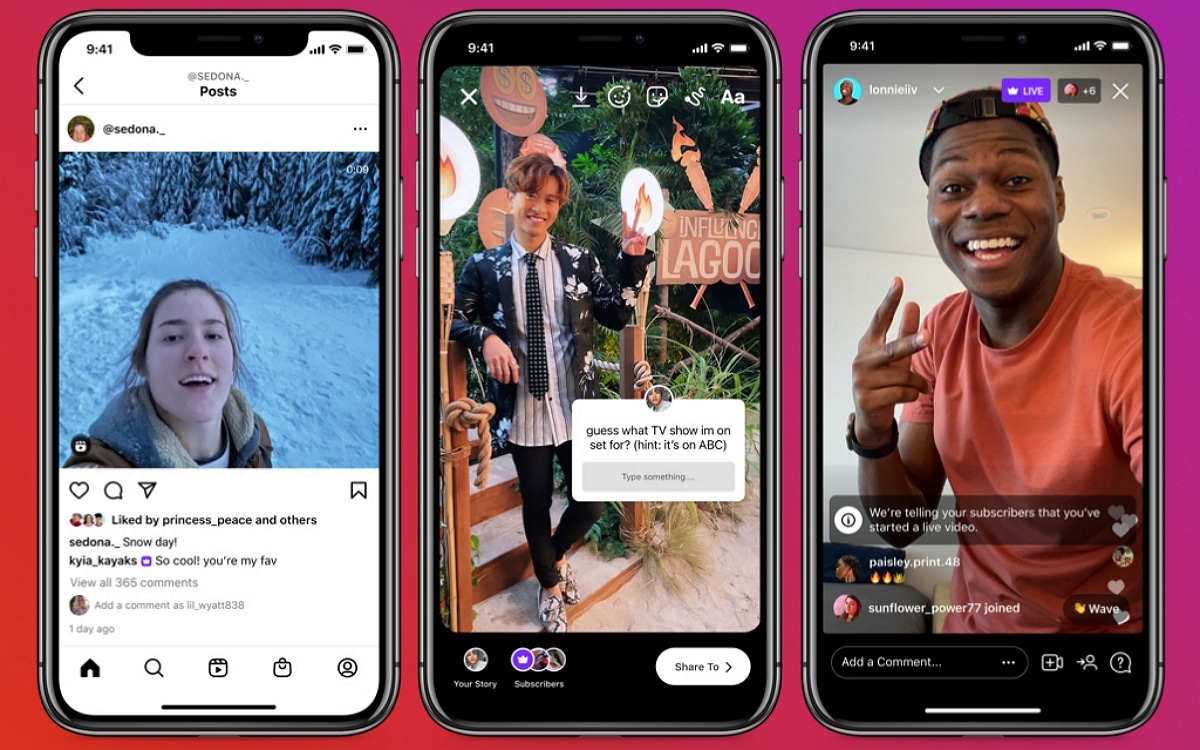
This is undoubtedly one of the most anticipated functions by WhatsApp users for a long time, and yet it has been long overdue. As you may recall, Meta began testing multi-device support with offline smartphones in mid-2021, and the feature finally debuted (with some glitches, mind you) in November of the same year. Since then it has been possible to use the same account on up to four devices, but with an important limitation, which is that only one of them can be a smartphone, specifically the one associated with the user account.
We did know, however, that the company was already working on solving this limitation in July of last year. At that time, the only sign of this function was code detected in a beta version of WhatsApp for Android, so it still took a few months until, in November of last year, the company began testing the “Companion” mode, which It is what Meta calls the function that allows you to duplicate the content of the account on two or more smartphones.
That indicated that the function was already closer, although no sign pointed to a specific date, so until today we have been waiting, thinking that perhaps the testing phase could be extended over time. However, if you are a WhatsApp user and have been waiting for this feature, we have very, very good news for you as the wait is almost over.
As we can read in the official blog of the service, Meta has already started the deployment of the WhatsApp Companion mode. Of course, the company warns that its scope is not yet global, but that it will finally be available to all its users in the coming weeks. Once the support is activated, content will be duplicated on the new smartphone(s) associated with the account (the limit of four devices per account is maintained, excluding access via WhatsApp Web). In this regard, Meta recalls that each linked smartphone will connect to WhatsApp independently, so that all content, during its transfer, is end-to-end encrypted.
With this new feature, WhatsApp finally responds to a very widespread request that comes from afarin yet another example that the last two years have marked a new rate of evolution and improvements in the service, which until then evolved at a markedly lower speed than that of some of its main competitors.




